Foundation Review: Episode 1 and 2 A Real Joy For Lovers Of The Work Of Isaac Asimov | Fundación
The Adaptation Of Asimov's Work That Is Even More Amazing Than It Seems | Fondazione La Recensione
Creators: David S Goyer, Josh Friedman
Cast: Jared Harris, Lou Llobell, Lee Pace, Leah Harvey, Kubbra Sait
Streaming Platform: Apple Tv+
Ratings: 4.5/5 (four and half stars)
Here is filmyhype review first two episodes of the Foundation, the standard Apple TV + comes from the cycle created by Isaac Asimov, with a big mea culpa. As connoisseurs and lovers of the books to which this production is inspired, we were very doubtful about the possibility of making a successful adaptation of that work that is mammoth in terms of breadth and scope of contents and themes. Skeptical, in reality, rather than doubtful, almost certain that the work entrusted to David S. Goyer, showrunner of the project, was difficult, complex and doomed to failure. We were wrong and we admit it with great serenity and joy, because the first episodes of the Apple TV + series give us hope that we can find ourselves in front of a miracle.
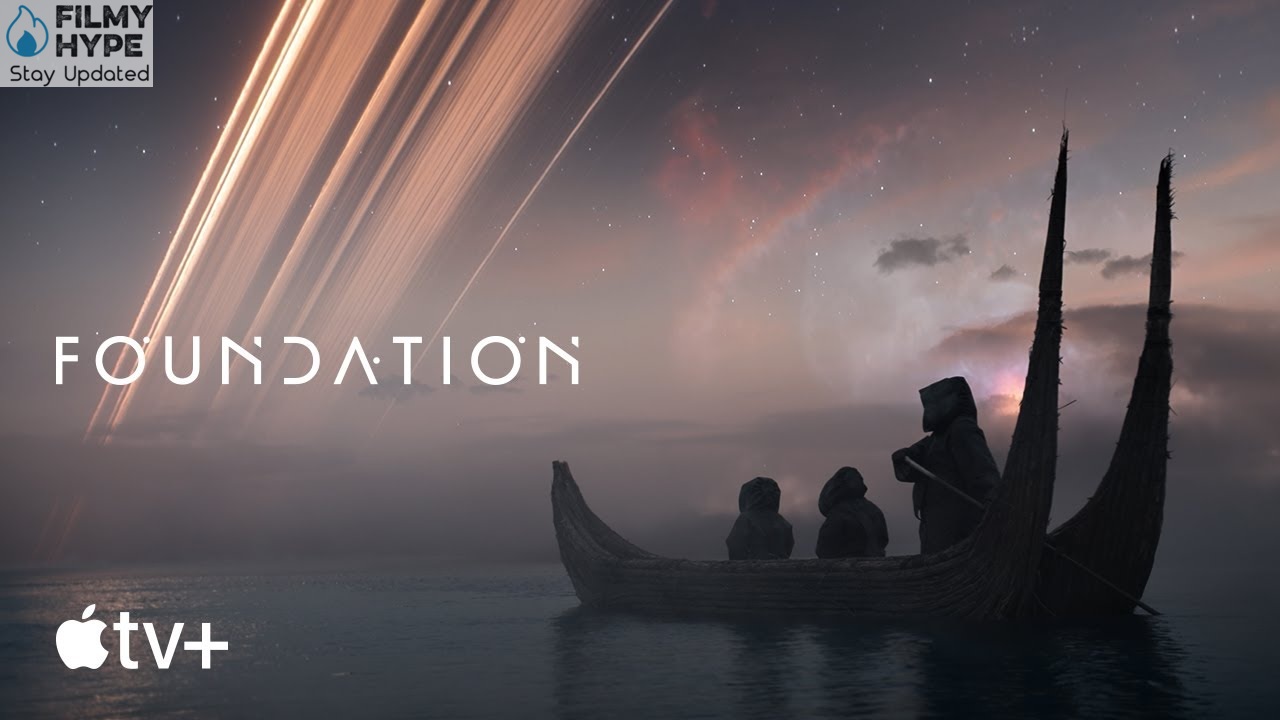
Foundation Review: The Story
But let’s start from the beginning and spend a few words on what the Isaac Asimov Foundation Cycle is and why it seemed impossible to make it better. It all begins with three books published between 1951 and 1953 (originally known as Chronicles of the Galaxy, The Collapse of the Central Galaxy and The Other Face of the Spiral), for an original trilogy awarded in 1966 as the best science fiction cycle. This first block of stories was then revived and expanded three decades later at the pressure and will of publishers and the public, with two sequels released in 1982 and 1986 (The Edge of the Foundation and Foundation and Earth) and two prequels dated 1988 and 1993 ( Prelude to the Foundation and Foundation year zero).
Seven novels that make us understand the amount of material, but not its historical, political and social depth, nor the complex narrative structure to be brought to the screen: the original trilogy has in fact a very schematic and fragmentary structure, which derives from their collection nature of short stories, which first appeared in Astounding Stories magazine and then collected in volumes. Stories that cover a wide time interval, we speak of a few centuries in the arc of the first trilogy, and developments that face social dynamics in which to review a reflection of our world. As great science fiction usually does.
The starting point of the story of Asimov, and of Goyer for the Apple TV + series, is a prophecy. Or it is more correct to say a prediction, because the idea that the Galactic Empire in which the story is set is destined to collapse within 500 years is the result of a complex system of calculations and mathematical formulas, of a science called psychohistory ( or psychohistory, depending on the translation, and having seen the first episodes of the Foundation in the original, we do not know which will be adopted in Italian). To spread this nefarious prediction is Hari Seldon, the first and most important psycho-historian, who however also proposes a solution, not to avoid collapse, this could never happen, but to shorten the period of barbarism that would follow.
To this end, Seldon presses to create a community of scientists on Terminus, a planet on the edge of the galaxy and the crisis, to found a galactic encyclopedia, a monumental work that will have to preserve technological and scientific knowledge in view of the re-foundation and face some moments of crisis predicted well in advance, to reduce the period of barbarism to only a thousand years. This is the original and official plan, the one known to all, but we will soon see that the situation is not exactly as it was presented.
The Review and Analysis
Luckily for Apple TV+ and for the viewers, both have understood very well that the essence of Isaac Asimov’s narrative is intellectual, of an icy fascination, and that its strength lies in the irreducible ingenuity of its approaches , developed through the most interesting conversations That essence is, of course, in the Foundation ; but that does not prevent David S. Goyer and Josh Friedman from taking care to offer it to us with due varied planning and a good rhythm in the editing and, also, sequences of the great show that could be taken between the lines.
The lavish production design is the work of Rory Cheyne , who had already worn his thing in the baroque Hannibal (Bryan Fuller, 2013-2015) and the striking American Gods (Fuller and Michael Green, 2017-2021), and matured by Adorjan Portik (Dune) and his art direction team give us real chills of pleasure at the mind-blowing sci-fi compositions and beautiful alien nature they bring us. What visual enjoyment, that of Fundación.
Above all, combined with the one that brings to our ears the almost omnipresent and epic soundtrack of Bear McCreary , whom we already know from his scores for Galactica, combat star (Ronald D. Moore, 2004-2009), The Walking Dead (Frank Darabont and Angela Kang, since 2010), 10 Cloverfield Street (Dan Trachtenberg, 2016) or Godzilla : King of the Monsters (Michael Dougherty, 2019). Musician seems well aware that should help David S. Goyer and Josh Friedman to provoke the greatest astonishment in the episodes of Foundation.
Shaping And Re-Building The Myth
Goyer and his authors have done an articulate and profound job in building around the track dictated by the stories of Asimov to give more breath and nuances. They also worked masterfully on the so-called World Building , in outlining the appearance of the different planets shown in the first episodes of the Foundation, in developing costumes, technology and environments. An operation as difficult as necessary, because the original paper was not only stingy with details in this sense, but also dated to the middle of the last century and the son of a very different world from the present one.
An operation that, it must be said, has succeeded, because the visual context in which the Foundation’s stories move is as impressive as it is credible, the result of a tangible and evident investment, which gives life to the myth of science fiction created seventy years ago by Isaac Asimov, translating it for a modern audience. Obviously, we are only talking about a first step in a long and complex journey, but it is in any case a first step that leaves us satisfied and hopeful of an important and long-lasting journey on Apple TV +.
Foundation Review: The Last Verdict
Apple TV + launches a commendable adaptation by all accounts: it makes great base material look like never before on the small screen – each episode feels like a movie in itself with sky-high production values and sensational packaging. The development of the story, the cast, the staging, the special effects, the iconography displayed, the cinematography It is masterful!


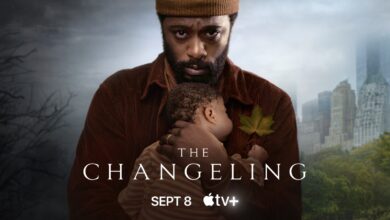
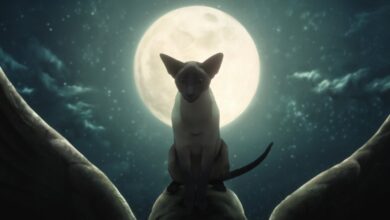
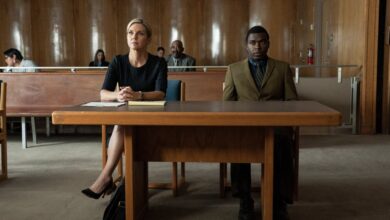

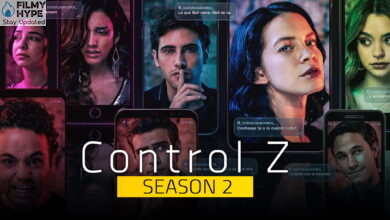
2 Comments